Resolution to break the 'ice wall'
At the seminar “For the private economy to break through according to Resolution 68 - Things to do immediately” recently organized by the Government Portal, National Assembly delegate Phan Duc Hieu assessed that the birth of Resolution 68 is very necessary and has important significance in the current context. The messages in the resolution are very clear and strong, going straight to the problems of the private economic sector, solving long-standing obstacles.
Mr. Hieu believes that if Resolution 68 is well implemented, this could be the third turning point and breakthrough in the history of private economic sector development.
According to him, the first breakthrough was the recognition of the private economic sector (1988-1990). The second breakthrough was the granting of business rights and reform of administrative procedures, mainly at the level of market entry (1999-2000, with the promulgation of the Enterprise Law).
Notably, "Resolution 68 will help change the private economic sector in quality," said Mr. Hieu.

Resolution 68 is assessed to have gone straight to the issues of the private economic sector, resolving long-standing obstacles. Photo: Hoang Ha
Looking back at the solutions proposed in the resolution, Mr. Hieu mentioned three groups of goals that the Politburo desired.
The first is to continue to make it easier to enter the market. That is to remove administrative barriers by cutting 30% of regulatory procedures and compliance costs. This is a huge improvement compared to the 2000s.
Second is to increase the level of protection. The handling of the responsibility of the private economic sector has been in the direction of non-criminalization, greatly reducing the risks for this sector.
Finally, it is to unlock resources, helping private enterprises access land resources, production and business premises, capital and human resources.
According to Ms. Bui Thu Thuy, Deputy Director of the Department of Private Enterprise and Collective Economy Development (Ministry of Finance), it can be affirmed that this resolution is a breakthrough. She cited that business conditions, which are considered a "wall" that is very difficult to remove, are now clearly stated in Resolution 68: all of them will be transferred to public announcement, not allowing ministries and branches to set additional conditions, except for areas related to national defense, security and people's health.
"This is a real breakthrough, almost like a wall has been broken," she assessed.
A very important point, Ms. Thuy emphasized, is trust. This time, the Party and the Government have shown deep trust in the private sector.
The reason is that currently, the FDI sector contributes about more than 20% of GDP; the state-owned enterprise sector is also equivalent. Meanwhile, the domestic private economy accounts for more than 50%. If the GDP growth target in 2025 is 8% and in the future it is double-digit growth, the role of the private economy is extremely important.
What to do now
From a business perspective, Mr. Tu Tien Phat, General Director of ACB Bank, said that businesses have had four concerns over the years, which are costs, procedures, markets and how to make green transformation in the right direction. Resolution 68 has very open points, but the important thing is to put this policy into practice.
To do that, Mr. Phan Duc Hieu said that institutional reform is the key measure, bringing the most efficiency, fairness, and least cost.
“Looking at Resolution 68, the number of solutions on institutional reform is the main one. If we focus on strong institutional reform, the impact will be huge. Institutions must come first to get results,” Mr. Hieu emphasized.
In the long term, he proposed the establishment of an independent Institutional Reform Agency, under the Prime Minister, with the power to propose laws and supervise their implementation.
As in Korea, every proposal must be reviewed by the Ministry of Justice before it becomes an official draft law. If the Ministry judges that the draft is not up to standard, the draft is returned for re-drafting.
Ms. Bui Thu Thuy assessed that the implementation of the resolution has never been as fast as it is now.
"Over the past two months, our team has worked almost non-stop, day and night to implement the content. In particular, the National Assembly has announced 9 groups of solutions, with clear content, to be applied immediately. Regarding the action program, it includes about 50 tasks, most of which will be completed in 2025," Ms. Thuy shared.
She said the resolution has a vision for 2045, but the main task is concentrated in two years to ensure that “institutions must go first”. The 2026-2030 period will open up and promote private resources, aiming for 8-10% growth. If institutional work drags on until 2029, the target will not be achieved in time.
"The Government's resolution is expected to be issued in May, possibly next week," she said.
Vietnamnet.vn
Source: https://vietnamnet.vn/nghi-quyet-68-buoc-ngoat-dot-pha-thu-3-thay-doi-khu-vuc-tu-nhan-2399588.html



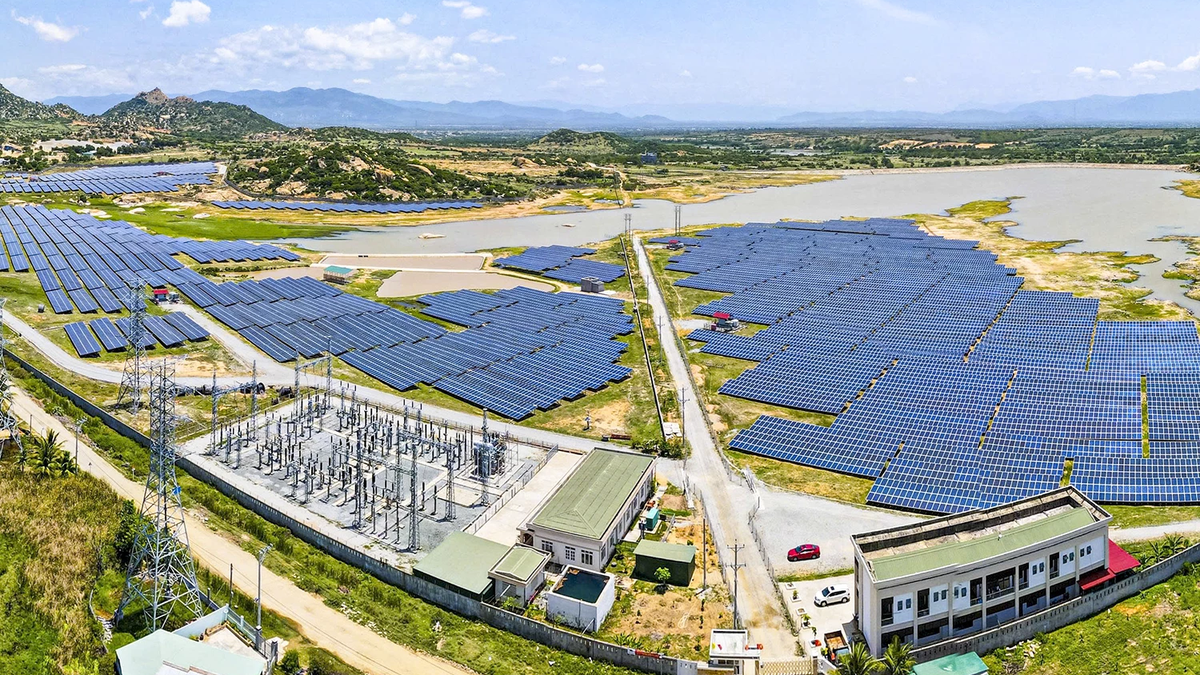

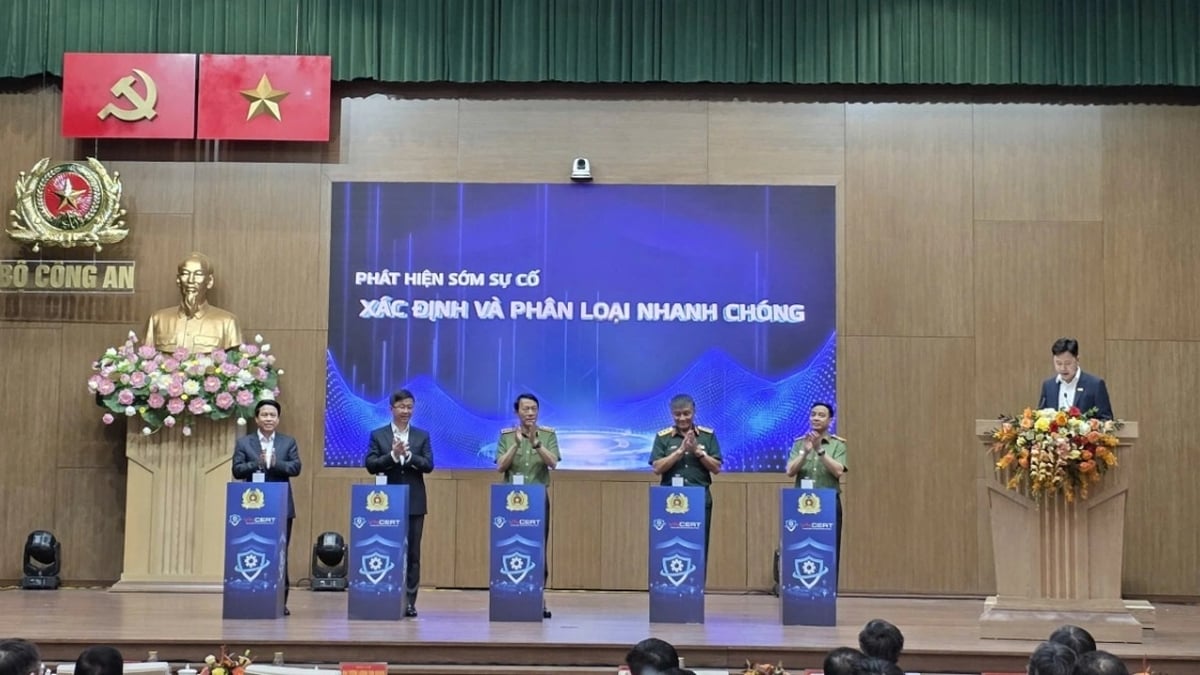
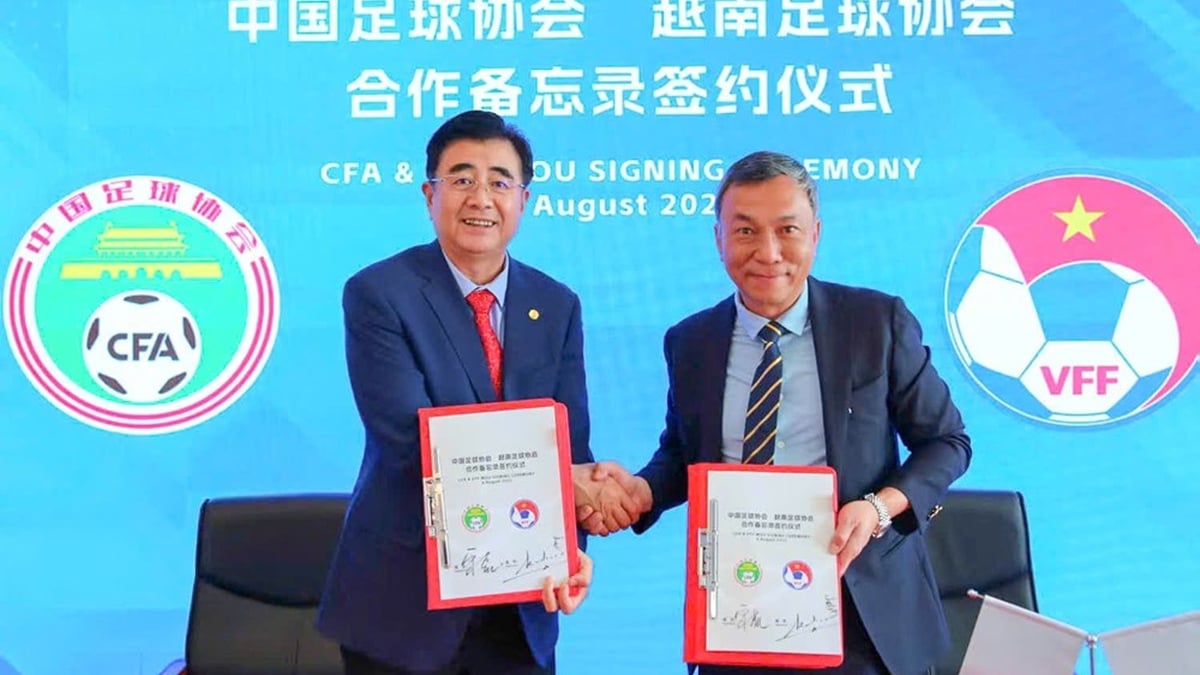






















![[Photo] Nghe An: Provincial Road 543D seriously eroded due to floods](https://vphoto.vietnam.vn/thumb/1200x675/vietnam/resource/IMAGE/2025/8/5/5759d3837c26428799f6d929fa274493)

























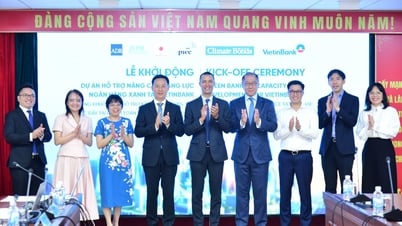





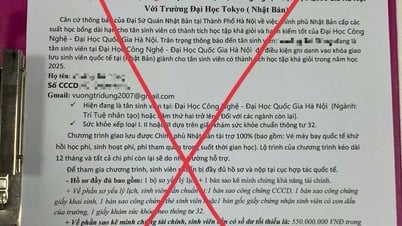



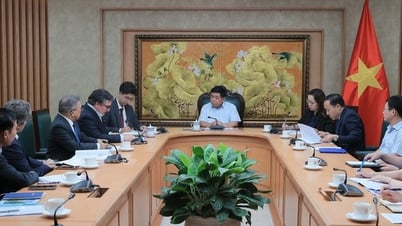







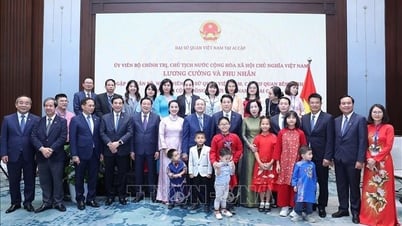
























Comment (0)